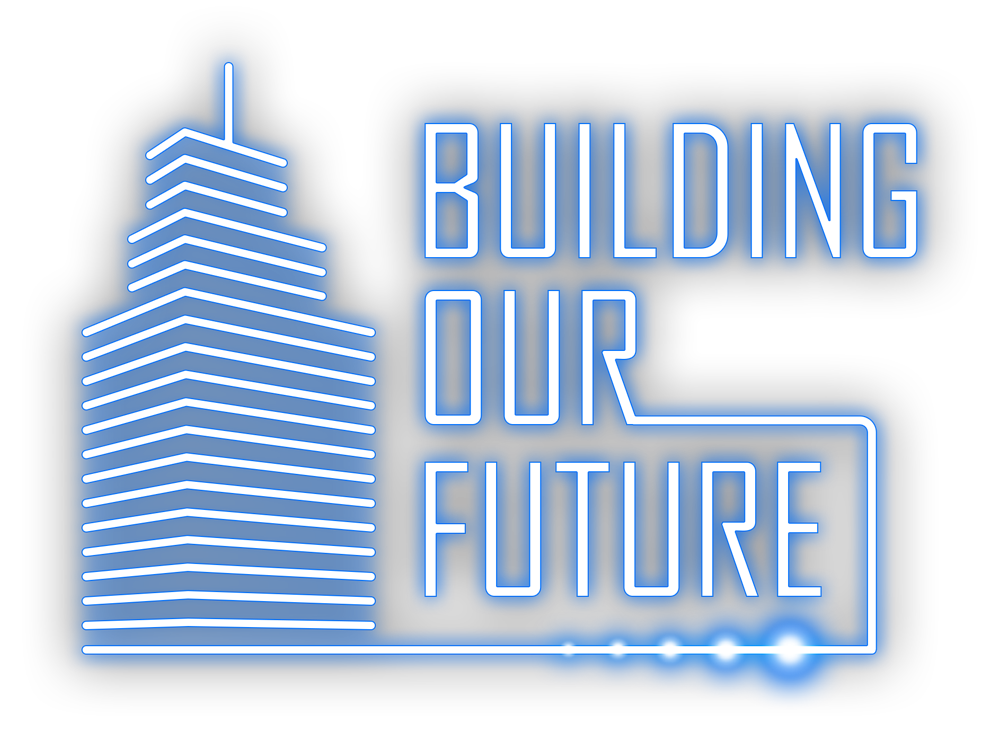#7: Vanessa Butz | CEO & Founder, District
What are smart buildings and how will they impact the way we design, manage and use office space?
Vanessa Butz wrote her masters thesis on "Understanding the DNA of Strong Entrepreneurial Hubs” and took her theory into practice by helping to build large technology and co-working campuses - Factory Berlin and Market-Tech’s Interchange Camden. Having worked at the intersection of cities and technology, she then founded District, providing Real Estate owners with a subscription-as-a-service app-based technology to upgrade their buildings to be ready for the what she sees as the “smart city revolution”.
For Vanessa, the revolution is all about creating technology that can enable us to improve the way we live our lives and aid in building a sense of community. Amidst global trend of urbanisation and social media integration, humans are coming together in communities in a host of new ways. How this manifests itself in our office design and use is likely to be influenced by technologies, such as Vanessa's District, but also the changing physical nature of the offices we occupy.
Driving this change is the impact of the much-maligned millennial & now Generation Z generations arriving at the workplace. People who’ve grown up with digital connectivity as second nature expect to able to work across a series of devices. It therefore follows that their office requirements may be different from the traditional provision. Instead of a traditional office space, they may need nothing more than a simple as a internet connection in a quiet place with ad-hoc access to a more collaborative space or meeting room.
Marcus Moufarrige of Servcorp sees this change in usage as leading to a Third Space in offices. The market is rapidly moving away from providing white spaces to focusing on a flexible service offering of space, amenity, facilities, community and customer service, and spaces that enable businesses to flex when required (with additional meeting rooms, facilities and amenities).
Moufarrige sees four ways in which land owners must adopt their approach in order to keep pace with the demands of the market:
- A mix of long-term leases with flexible space options must be created.
- The building experience needs to change to be more service- and hospitality-oriented.
- Landlords must focus on building service income streams, as well as rented income streams.
- Use common areas to better create amenity and community within the building.
Vanessa adds to the list the seamless integration of good technology. While landlords will remain responsible for the physical state & design of their assets, partnerships with technology platforms like District will are likely to take them far along the road to meeting the other of Moufarrige's aspirations.
As property owners adapt to the demands of "space as a service", we can expect to see a big impact in the market from District and other similar platforms such as: Equiem, Spaceflow, Allthings and Chainels.
Vanessa's favourite buildings are Factory Berlin and LABS Camden Triangle. Amongst a host of interesting themes for the future, such as VR & facilities management robotics, Vanessa chooses Skyports - a company focusing on leasing space on roof-tops, in anticipation of demand for drone docking stations in the future!



